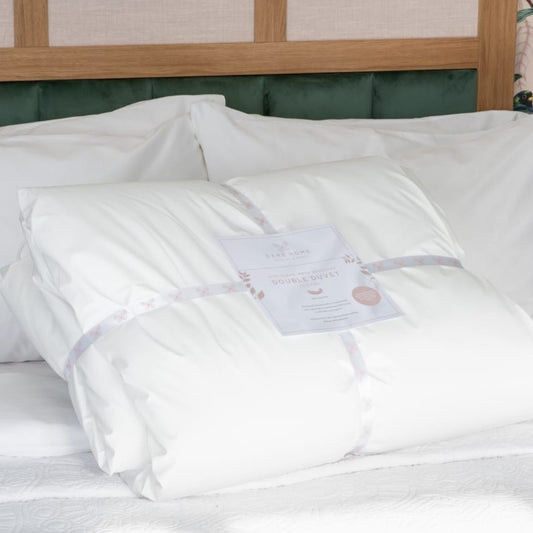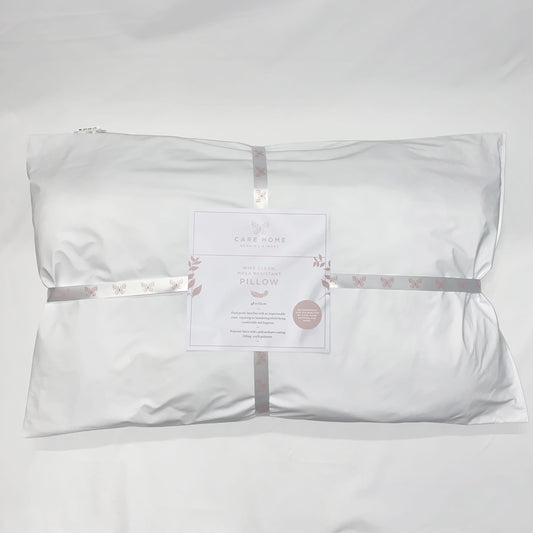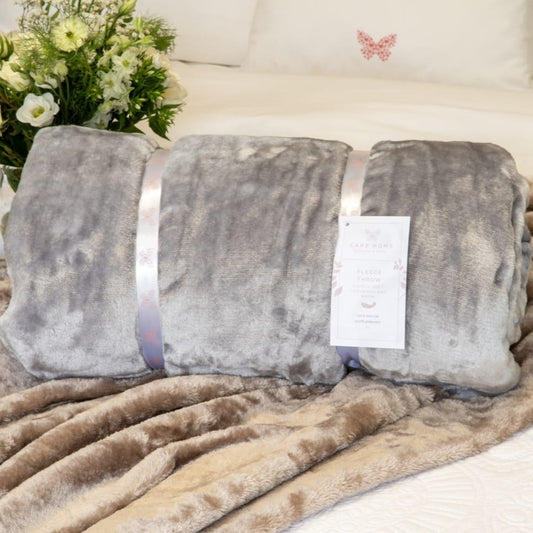As dementia progresses, a common issue that arises for many individuals is sleep disturbances. Sleep quality can greatly influence the overall wellbeing of those living with dementia, impacting their cognitive function, mood, and physical health.
An often overlooked, yet crucial factor in promoting better sleep, is creating an optimal sleep environment.
The right sleep environment can work wonders in establishing healthy sleep patterns. Start by ensuring the room is quiet, cool but not cold, and dark. These factors can contribute to a more calming and conducive sleep atmosphere.
Using heavy curtains or blackout blinds can help block out any external light, while a fan or an air conditioner can help maintain a comfortable room temperature.
The bedding, too, plays a significant role. Soft, breathable bedding can prevent overheating and promote a more restful sleep.
Moreover, familiar tactile textures of a sheet or a pillow, can provide a sense of comfort and security. The sensory experience of your bedding, such as its weight or the tactile sensation it provides, can also affect sleep. Some people find heavier blankets and sheets calming, while others might prefer lighter ones. The right bedding can provide a soothing sensory experience, helping relaxation and easing the ability to drift off to sleep more easily.
Finally, consider a night light or low-level lighting to help those who may wake up disoriented during the night. It’s not just about providing a safe environment but also about reducing anxiety and enhancing comfort for better sleep.


















